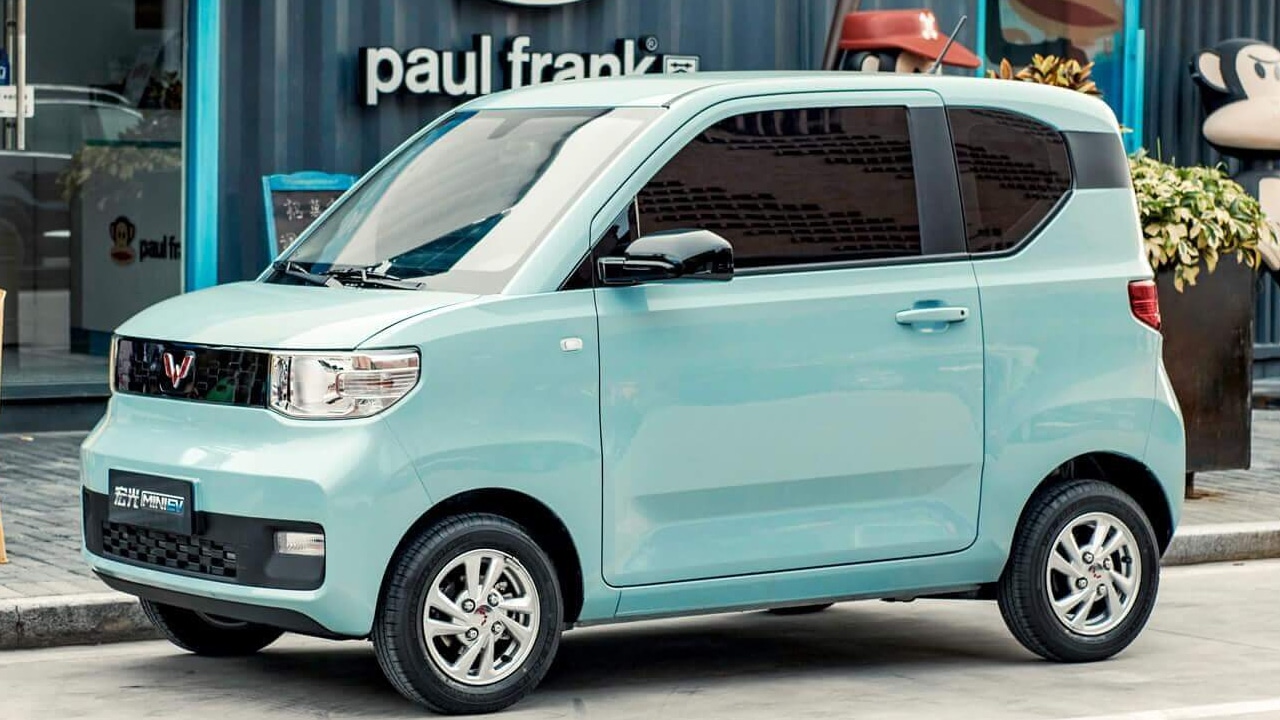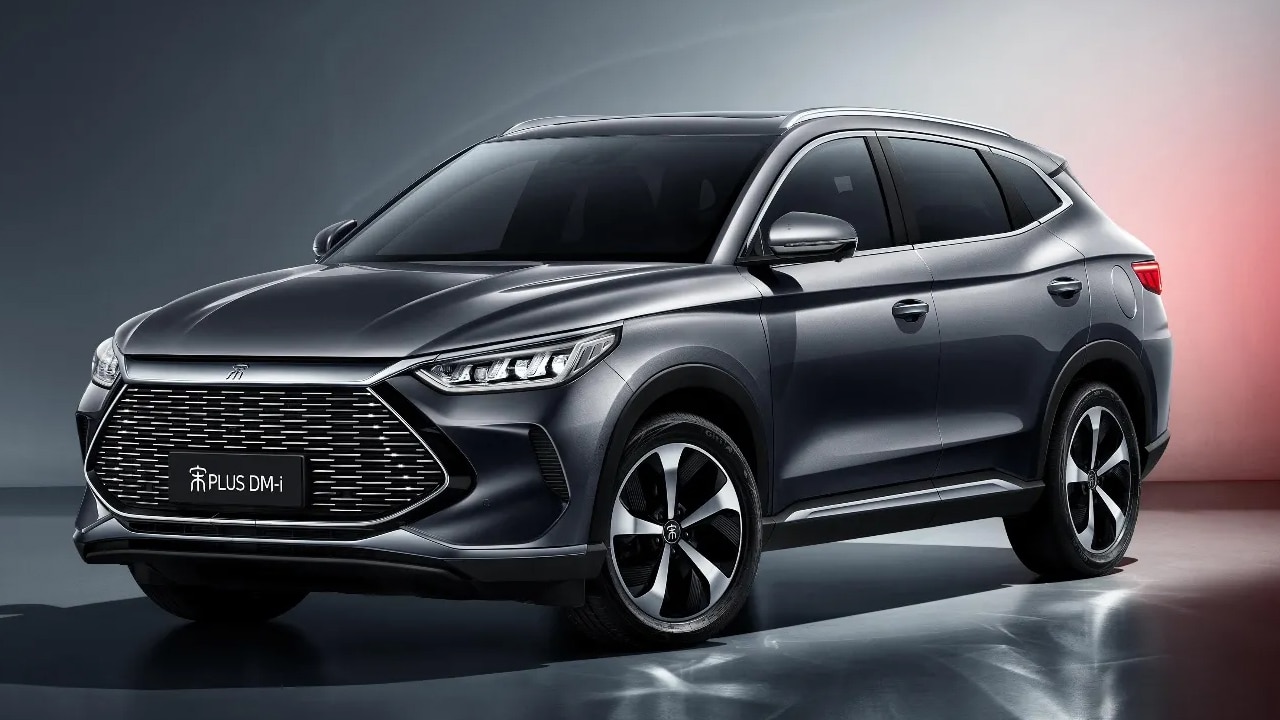I predict a big increase in the number of electric and hybrid cars sold in the next few months...
I like the discount, I think we need to encourage vehicles with lower emissions and NZ is a great place to do so since we have 80%+ of power from renewable sources (and if you charge overnight it's higher).
I don't mind other approaches. But so far National's policies don't really add up. Ok, remove this incentive, but how will you meet the targets?

